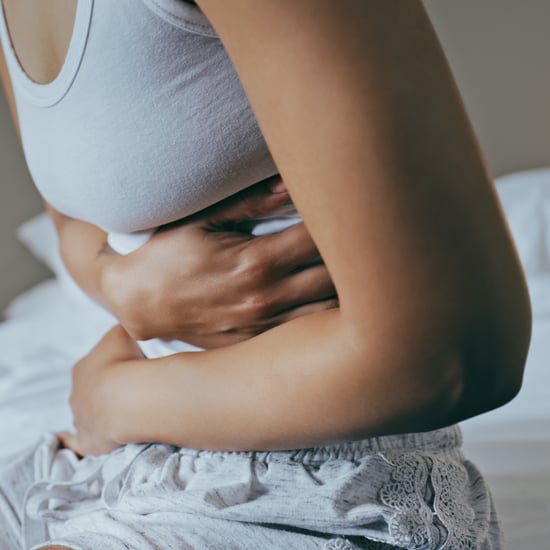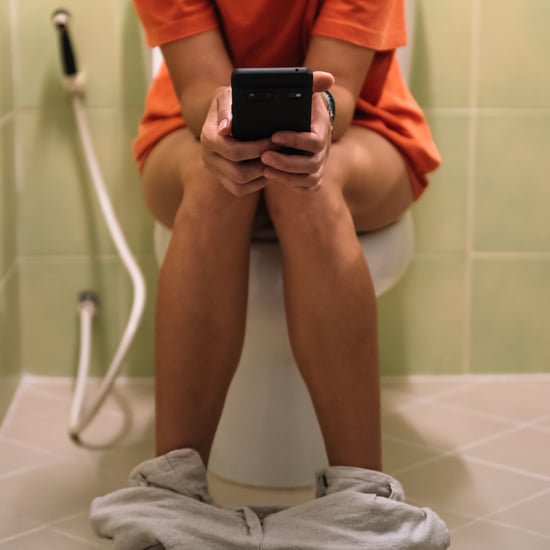Can You Still Get HPV If You've Had the Vaccine?
You Can Still Get HPV Even if You've Had the Vaccine, but You Should Get the Shot Anyway

When you go to get vaccinated, odds are you're enduring the quick sting of the needle in order to protect yourself from something much worse. Once you're done, that vaccine-preventable disease is just one less thing you have to worry about — or at least that's true in most cases. When it comes to human papillomavirus (HPV), it's a bit more complicated.
There are a few different types of HPV vaccines out there, but the most common one in the US is Gardasil. This vaccine is often given in doses to young adolescents around the age of 11 or 12 (before they're sexually active), and it's intended to protect against genital warts and cervical cancer, which can be caused by certain strains of HPV. But while Gardasil is highly effective at protecting against these dangerous strains, there are several others that can cause troubling symptoms, even in those who have been vaccinated. Knowing how to recognise these strains of HPV and protect yourself against them is extremely important for your sexual health. That's why we spoke to ob-gyns to unpack everything you need to know about the HPV vaccine and what it can (and can't) do.
Which Strains of HPV Does the Vaccine Cover?
According to Kim Langdon, MD, an ob-gyn with Medzino, there are about 100 known types of HPV in the world today, all of which are classified by number. "The most common genital ones are 6, 11, 16, and 18, and 6 and 11 can result in genital warts and laryngeal papillomas," or abnormal growths on the vocal cords, Dr. Langdon told POPSUGAR. Two of these strains — 16 and 18 — are also associated with cervical cancer.
Wendy Askew, MD, a board-certified ob-gyn in San Antonio, TX, explained that the Gardasil vaccine protects against nine of these strains, including 6, 11, 16, 18, 31, 33, 45, 52, and 58. These are the most clinically relevant to cervical cancer and genital warts, and studies of the vaccine show that it's extremely effective at preventing infections stemming from these strains.
That said, you can still contract HPV even if you've been vaccinated, because there are least 91 other strains that aren't covered by the shot.
How Can I Spot the Symptoms of HPV?
The symptoms depend on the specific strain of HPV. If you contract one of the cervical cancer-causing strains of HPV, "you don't usually get any symptoms until [the cancer is] really advanced," Dr. Askew told POPSUGAR. "You can have bleeding after intercourse, but there's not a lot of differences."
With other types of HPV, common symptoms may include bumps or lesions developing on the skin around the vagina or anus. "How big they get and how many someone develops are more dependent on their immune system and how aggressive the strain of virus they got is," Dr. Askew explained. While these are the things you're most likely to notice, you may not have any symptoms at all — this is why it's so important to keep up with routine Pap smears and regular STD testing.
What Can I Do to Protect Myself Against HPV?
While the possibility of becoming infected is scary, there are plenty of things you can do to reduce your chances of getting HPV. Though it can't prevent all HPV infections, the vaccine is an important first step. Gardasil will ultimately protect you from many of the most aggressive and harmful strains of HPV — but in order to get the best protection possible, you should get all three doses of the vaccine. "Even if [people] get one vaccine and don't get the other two, they still have some protection, but you get better protection if you complete the full vaccine series," Dr. Askew said.
Beyond getting vaccinated, it's important to practice safe sex (condoms can help reduce your risk, Dr. Langdon noted), and keep an open line of communication with your partner about any exposure they've had. Make sure you're getting tested for sexually transmitted infections, too.






